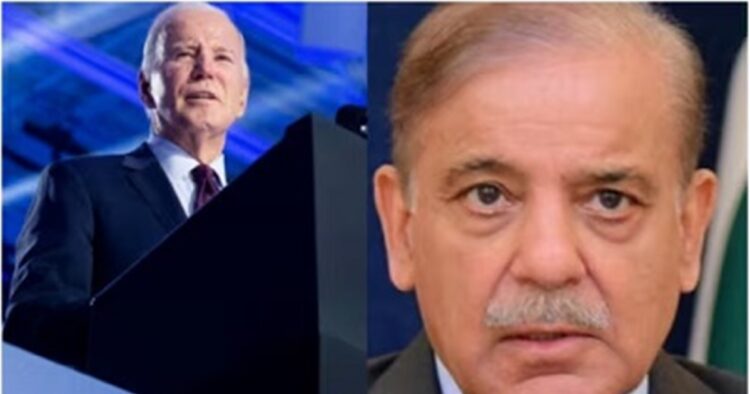In a twist of geopolitical irony, Pakistan’s Defence Minister Khawaja Asif announced that the country might target the sanctuaries of the banned Tehreek-i-Taliban Pakistan (TTP) in Afghanistan under its newly launched military operation, Azm-i-Istehkam. The operation, intended to tackle rising terrorism, comes amid lukewarm support from the Afghan Taliban, who have long been accused of harboring terrorist elements.
Pakistan’s envoy to the US, Masood Khan, highlighted the irony further by appealing for sophisticated small arms and modern equipment to ensure the success of this operation. The request, made during an event in Washington, DC, underscores the terror heaven nation’s desperate need for international assistance to combat the very forces it has historically been accused of supporting.
On the other hand, Afghanistan’s Taliban government, having taken over the country in 2021, is now exporting terrorism to its neighbor, Pakistan. This irony is not lost on Asif, who pointed out that targeting TTP sanctuaries would not violate international law, given Afghanistan’s role in exacerbating regional instability.
Meanwhile, Asif also blamed former Prime Minister Imran Khan’s government for resettling Taliban militants in Pakistan, suggesting that past policies had inadvertently strengthened terrorist networks. This blame game further amplifies the irony of a nation grappling with the fallout of its own strategic choices.
In a final twist, Masood Khan urged the US to consider making the cash-strapped nation a partner for a diplomatic comeback in Kabul, despite the ironic backdrop of Pakistan’s historical ties with the militants now threatening its security.
The call for regional cooperation and intelligence sharing, amid a landscape of mutual accusations and counter accusations, paints a picture of a region caught in a web of its own making.

















Comments